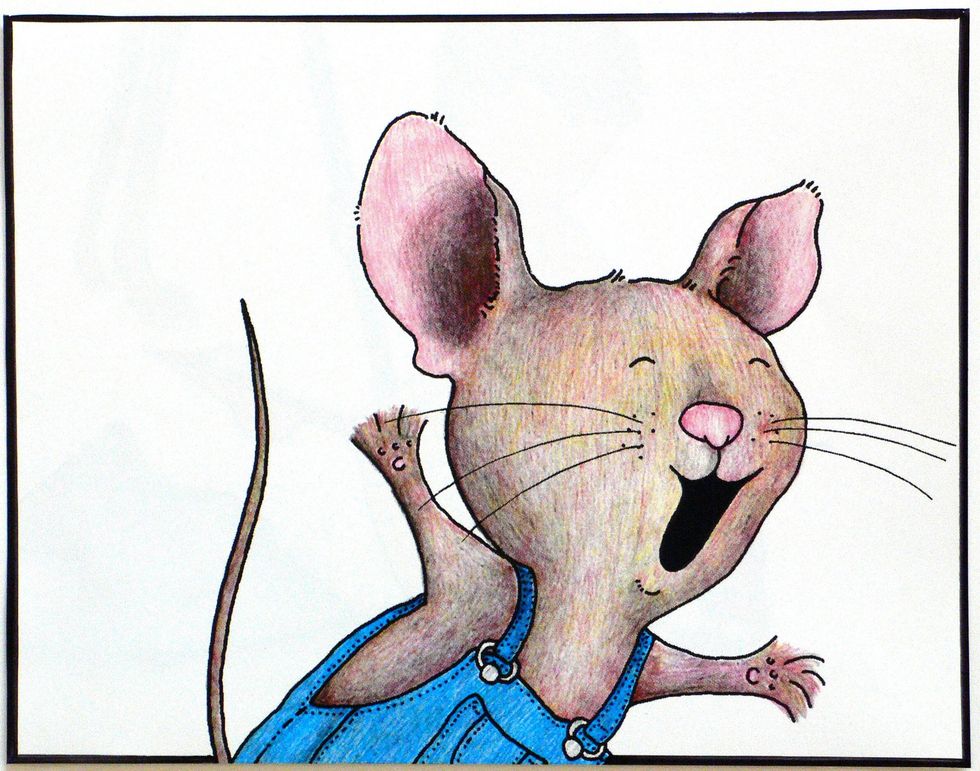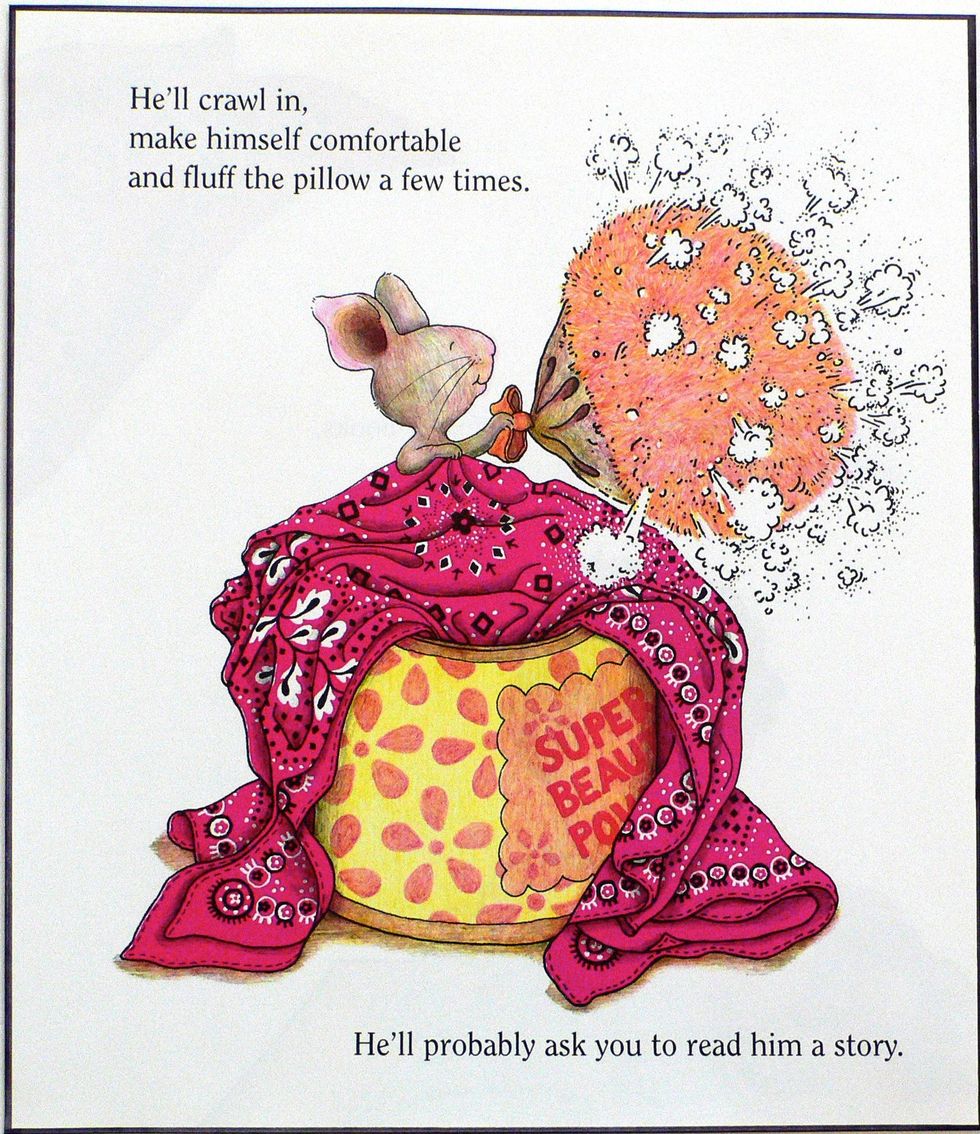You can make the world a better place by first understanding the perspective of LGBTQ persons and then by rethinking how you engage – or fail to engage – members of the community. You may even feel compelled to advocate for diversity and inclusion.
In our advanced world, members of society still choose to traumatize people who aren't like them. Resultantly, therapists have developed several interventions to help people deal with the self-doubt and suffering that results from social exclusion.
Relatively recently, emotional support animals have entered the mainstream conversation regarding emotional healing. Clinicians now recognize the value of emotional support animals in helping LGBTQ persons cope with the unfairness of modern society.
The Challenges of Growing up LGBTQ
The 2018 LGBTQ Youth Report authored by the Human Rights Campaign reveals several unsettling facts about life as an LGBTQ teen.
70% of surveyed LGBTQ youth admit that they were subject to unwanted sexual remarks and jokes during the previous year. 73% of respondents recall having received verbal threats because of their perceived gender identity.
The Human Rights Campaign survey also reveals that individuals bullied 70% of responding LGBTQ teens at school because of their sexual orientation. Also, 51% of responding transgender teens were not allowed to use restrooms or locker rooms that were appropriate for their gender identity.
Recently, the United States Supreme Court refused to hear a challenge to a school district's decision to allow transgender students to use gender-appropriate facilities. However, not all school districts across the United States provide the same appropriate access for transgender students.
Inclusion is the intentional practice of including groups that the majority would typically exclude. It's a difficult challenge for academic and workplace decision-makers to ensure safe spaces and inclusion for LGBTQ persons.
To create inclusive environments for LGBTQ students, administrators must work together to ensure that students are safe and receive the same access and treatment as all students. Meanwhile, emotional support animals may serve as a partial solution in a society that's unacceptably and highly intolerant of LGBTQ persons.
A Little Help From a Friend
Emotional support animals are much more than pets. They enable individuals to live a life that's more functional and less fearful. Cats, dogs and other emotional support animals enable their owners to overcome anxiety, depression and loneliness.
Physicians diagnose many LGBTQ persons with mental illness or psychiatric disability brought on by societal pressures, discrimination and sometimes traumatic violence. LGBTQ individuals are nearly three times more likely than others to succumb to a mental health diagnosis, such as anxiety or depression. Also, studies show that among the LGBTQ population, approximately 40 to 70% of transgender persons consider suicide.
For anyone struggling with a mental health condition, emotional support animals are a welcome relief. Rather than completing tasks, support animals provide companionship and unconditional love.
Also, patients can focus on the needs of their emotional support animal, rather than solely on their problems. Ultimately, the relationship is a win-win arrangement for both the patient and the animal.
A Voice of Hope in a Harsh World
A growing number of researchers recognize that current societal norms lead to social isolation and mental health issues among LGBTQ persons. Past studies have revealed a link between the lack of social support and depression, substance abuse and suicide among the LGBTQ population.
There is little research to confirm that emotional support animals can replace or supplement a positive human circle of influence. However, one recent and extensive research study conducted for the University of Pennsylvania explored the experiences of LGBTQ youth and support animals. The study revealed three primary facts:
- 1.Members of society continue to marginalize the LGBTQ community consistently.
- 2.Study participants experienced unconditional love and acceptance from support animals.
- 3.The participants attributed academic, personal and professional growth to their support animals during a critical time of their sexual development.
Furthermore, the research revealed that the support animals were significant to all participants.
Many study participants struggled with self-esteem and self-acceptance that negatively affected their personal development. Their support animals, however, provided a much-needed buffer from social isolation and unfair treatment.
The study provided a deep insight into the realities of homo- and transphobia. The researcher fully expected to hear study participants emphasize a bond much like that of typical pet owners and their pets.
To his surprise, however, participants reported a mutual connection so deep with their support animals that they began to mirror each other's behavior. This sentiment persisted whether or not the study participants had a positive social support network. The researcher hopes that his study will compel other researchers to examine the beneficial bond between LGBTQ teens and support animals.
Unconditional love and support from humans are rare and difficult qualities to find. However, these sentiments are ever-present among support animals.
Support animals may serve as a solution – at least for now – for helping developing LGBTQ youth navigate in a world that has yet to offer its sincere acceptance.


 Photo by
Photo by  Photo by
Photo by  Photo by
Photo by  Photo by
Photo by 















